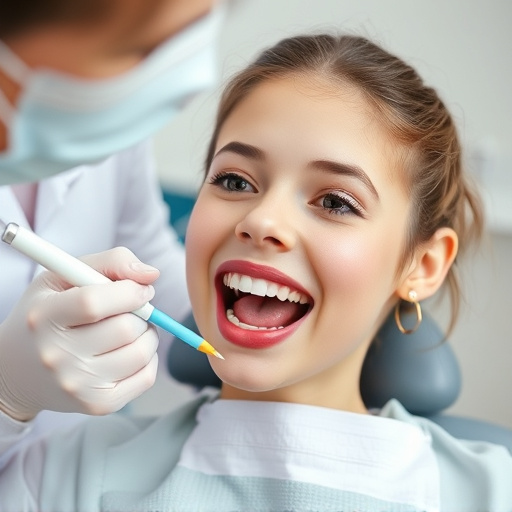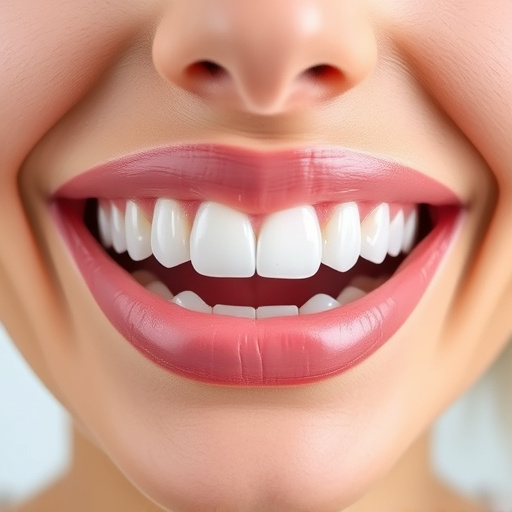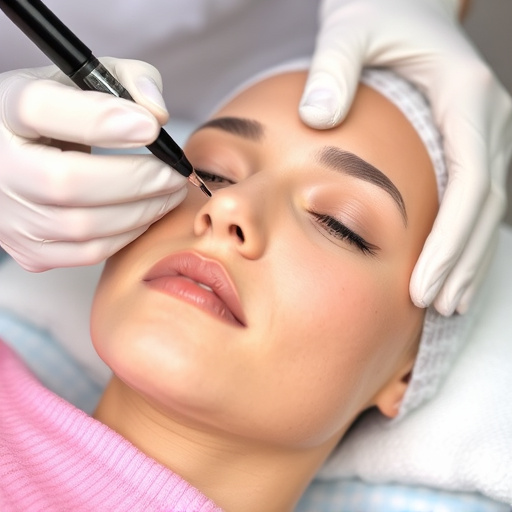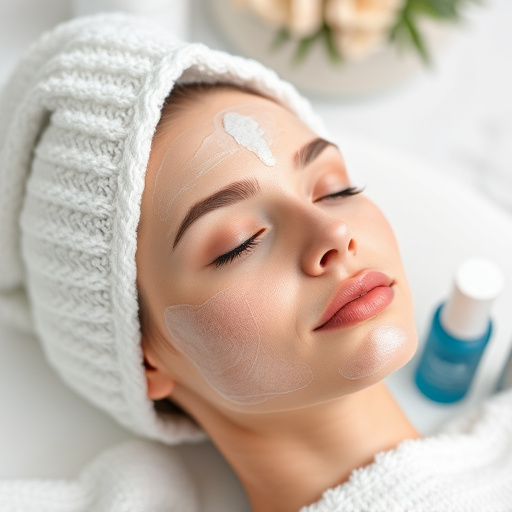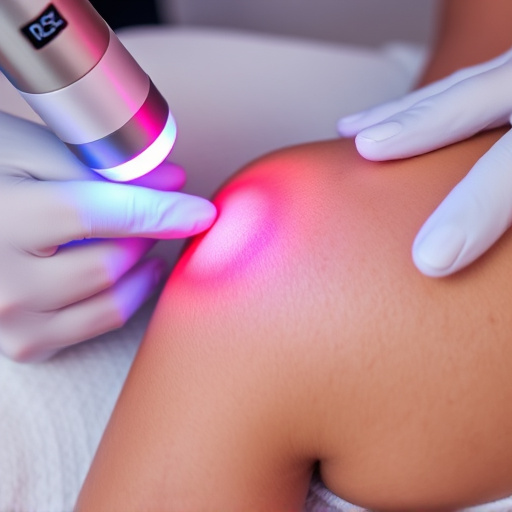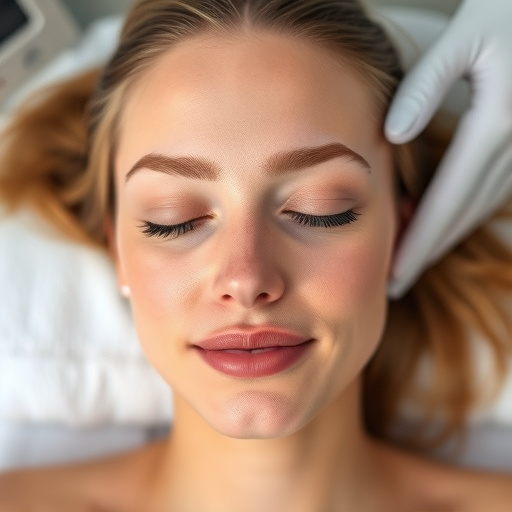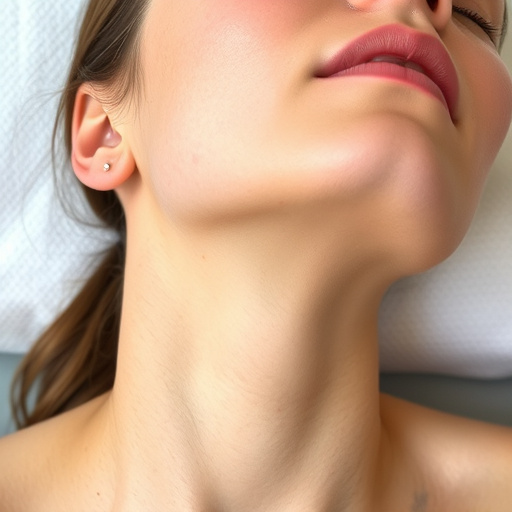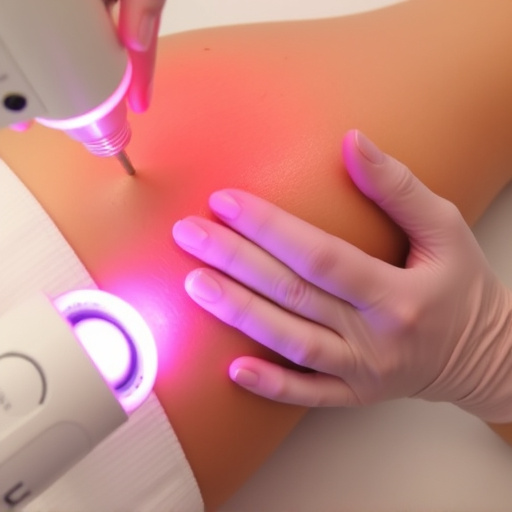Acne scar treatment involves identifying scar types and using targeted therapies. Topical treatments like retinoids, hydroquinone, and Vitamin C serums reduce scarring and even skin tone. Severe cases may require surgical interventions like subcision, dermal filling, or fractural laser resurfacing for significant improvement in skin appearance.
Acne scars can leave lasting marks on your skin and self-esteem. But with the right approach, you can minimize their appearance and achieve clearer, smoother skin. In this comprehensive guide, we’ll delve into effective acne scar treatment options backed by dermatologist expertise. From understanding scar formation and identifying types to exploring topical treatments and surgical possibilities, we’ll equip you with knowledge to navigate your journey towards clear and confident skin. Discover proven methods for achieving a radiant complexion free from acne scars.
- Understanding Acne Scar Formation and Types
- Topical Treatments: Dermatologist Recommendations
- Surgical Options: When Non-Surgical Methods Fall Short
Understanding Acne Scar Formation and Types
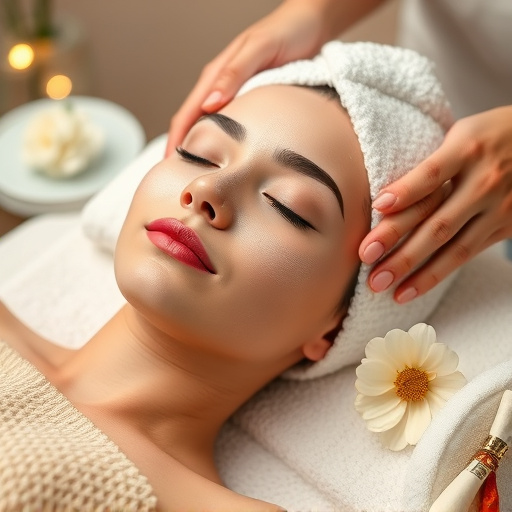
Acne scars form when inflammation causes collagen fibres to be weakened or destroyed, leading to depressed or elevated skin lesions. The type and depth of scar formation can vary greatly. Some common types include atrophic scars, which are deeper than surrounding skin, often appearing as pits; and hypertrophic or keloid scars, which protrude above the skin’s surface and can spread wider than the initial acne lesion. Understanding these differences is crucial when selecting an effective acne scar treatment.
Professional skincare professionals can help identify the specific type of scar and recommend appropriate treatments. These may include topical retinoids for atrophic scars or laser therapy, including fractional laser resurfacing and intense pulsed light (IPL), for both atrophic and hypertrophic scars. In some cases, combinations of these methods, along with personalized skincare routines, offer the best chance for minimizing scarring and achieving healthier-looking skin.
Topical Treatments: Dermatologist Recommendations

When it comes to tackling acne scars, topical treatments are a top choice for many, and for good reason. Dermatologists recommend several effective options that can help minimize the appearance of scars and even out skin tone over time. One powerful ingredient often prescribed is Retinoids, derived from Vitamin A, which stimulate collagen production and gently exfoliate the skin, leading to smoother, more even-toned skin. These are especially beneficial for atrophic scars, leaving behind a more uniform complexion.
Additionally, hydroquinone is a popular choice for lightening hyperpigmented acne scars. It blocks tyrosinase, an enzyme responsible for melanin production, resulting in a gradual reduction of dark spots. Meanwhile, certain anti-aging treatments like Vitamin C serums can also double as effective scar fade creams. These antioxidants protect the skin from damage and promote collagen synthesis, ensuring a healthier, more radiant appearance.
Surgical Options: When Non-Surgical Methods Fall Short
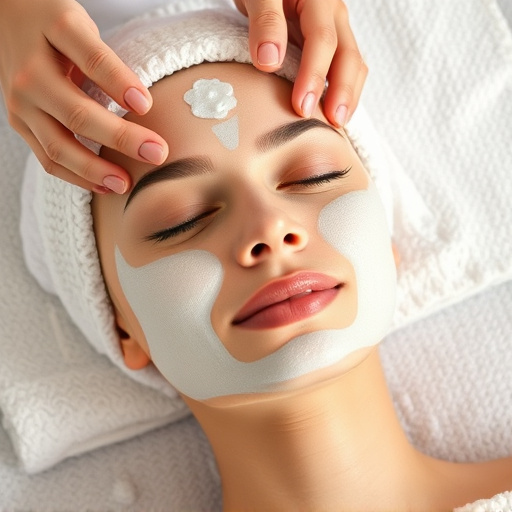
When non-surgical methods like topical creams, laser treatments, and chemical peels fail to significantly improve acne scars, surgical interventions may be necessary for effective acne scar treatment. While it may seem daunting, several procedures are designed to address different types of scars, offering lasting results.
Surgical options range from simple techniques such as subcision, where a needle is used to break up fibrous tissue under the skin, to more complex procedures like dermal filling or skin grafting. For at-depth scars that affect the skin’s texture and contour, dermatologists might recommend methods like punch excision or fractural laser resurfacing. These advanced medical spa services target specific issues, promoting collagen stimulation and improving skin appearance through pore refinement and skin brightening.
Acne scars can be a source of concern, but with the right approach, effective dermatologist-approved treatments exist. By understanding the types and causes, individuals can make informed decisions between topical therapies, trusted for their gentleness and consistent results, or exploring surgical options as a solution for more severe cases. Regardless of the chosen path, there’s hope for achieving clear, smooth skin once again, bringing relief and boosting confidence. Remember, seeking professional guidance is key to finding the best acne scar treatment for your specific needs.

